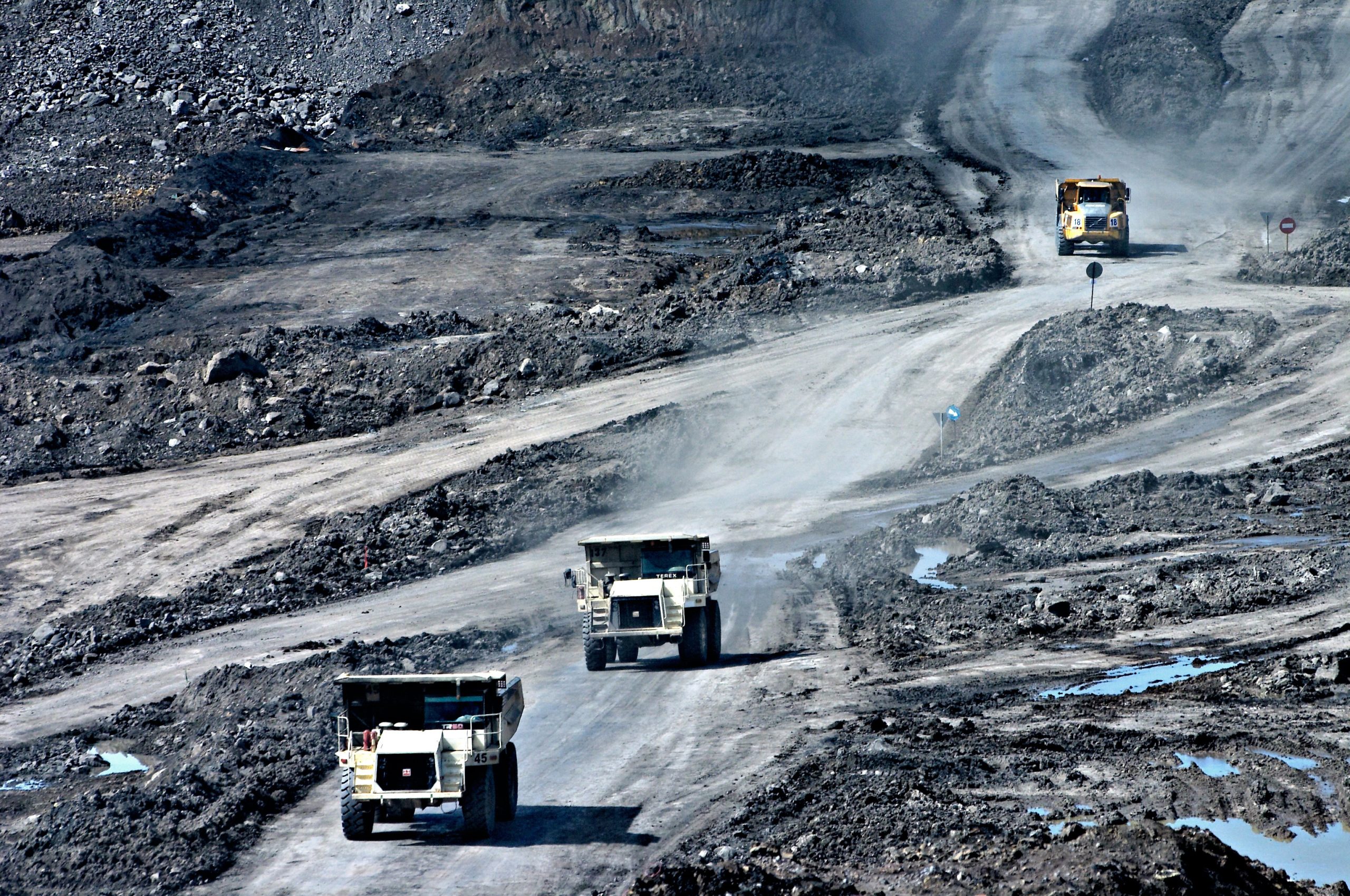Prime Minister Justin Trudeau made a recent rush visit to the Saskatchewan Research Council’s experimental rare earth refining facility in Saskatoon. He touted his government’s efforts to promote rare earth discovery, development, and extraction, along with the refining advances SRC has achieved. He and his ministers have been ‘talking up’ this critical mineral drive for quite a while, but the efforts have shown little success thus far – for reasons that they would rather not discuss.
Federal Natural Resources Minister Jonathan Wilkinson admitted that new mine permitting, review, approval and development time nearly always takes at least ten years, and could easily extend to twenty or twenty-five. Furthermore, Ottawa’s proposed changes for more scrutiny of foreign involvement in proposed mines means more projects potentially blocked, and more delays and uncertainties.
Environmental, Social and Governance (ESG) issues and scoring which are designed to discourage investment in conventional energies like oil, gas and coal also complicates the decision-making processes for both industry and government. The so-called sustainability ‘green transition’ further involves meeting Diversity, Equity and Inclusion (DEI) criteria. As well, consultation with local communities, including First Nations reserves and ‘traditional lands’ stakeholders, pile on to the myriad geological commodity price and technical risks involved.
Protests, community or political opposition, and blockades involving sabotage and violent intimidation, have bedevilled construction of both the Coastal Gaslink pipeline and the TransMountain Pipeline expansion. This is taking longer and costing more money, imperilling commercial viability. The proposed Enbridge Northern Gateway oil pipeline to the Pacific Coast, and Line 3 and Energy East proposed pipelines, were ‘killed’ by political opposition – largely from Quebec. Such actions give little reason for either confidence or trust in governmental approval processes – for mining as well as energy projects.
Mining exploration firms seek to establish a Mineral Resource Estimate, using drilling results and some ore body modelling. Then, assuming receipt of enough funds from loyal, and enthused speculative investors, they drill further – to create an industry-standard Preliminary Economic Assessment.
More drilling, time, and cash follow to accumulate more data and refine the ore body model, to create a Bankable Feasibility Study. If cash flow projections seem attractive, institutional and corporate investors may jump in. Yet regulatory delays and uncertainties can compound the inherent risks involved. The more delays there are, the further out in time a project starts, the lower is its net present value.
Canada’s regulatory apparatus, ethos and behaviour do not exist in a vacuum. Not just Canadian mining companies and investors may choose to invest abroad, usually once they having given up on plausibly lucrative domestic opportunities, but also foreign investors – who, wishing to avoid a protracted regulatory process that can bring the risk of a lower potential value (or no project approval at all).
The United States is not a lot better than Canada in these respects, though Australia is much better. (Perhaps surprisingly, so are Scandinavian nations.) Since there are still no true rare earth refineries in North America, rare metal mining development in Canada faces many risks and delays – even more so by having to meet politicians’ expectations (or demands), thus magnifying the risks and problems.
The bottom line is that government policy in Canada actively and aggressively discourages mining and critical minerals development. We can prosper with Canada’s immense mineral bounty if our politicians figure out a less complicated way forward – Just get out of the way!
Ian Madsen is the Senior Policy Analyst at the Frontier Centre for Public Policy



